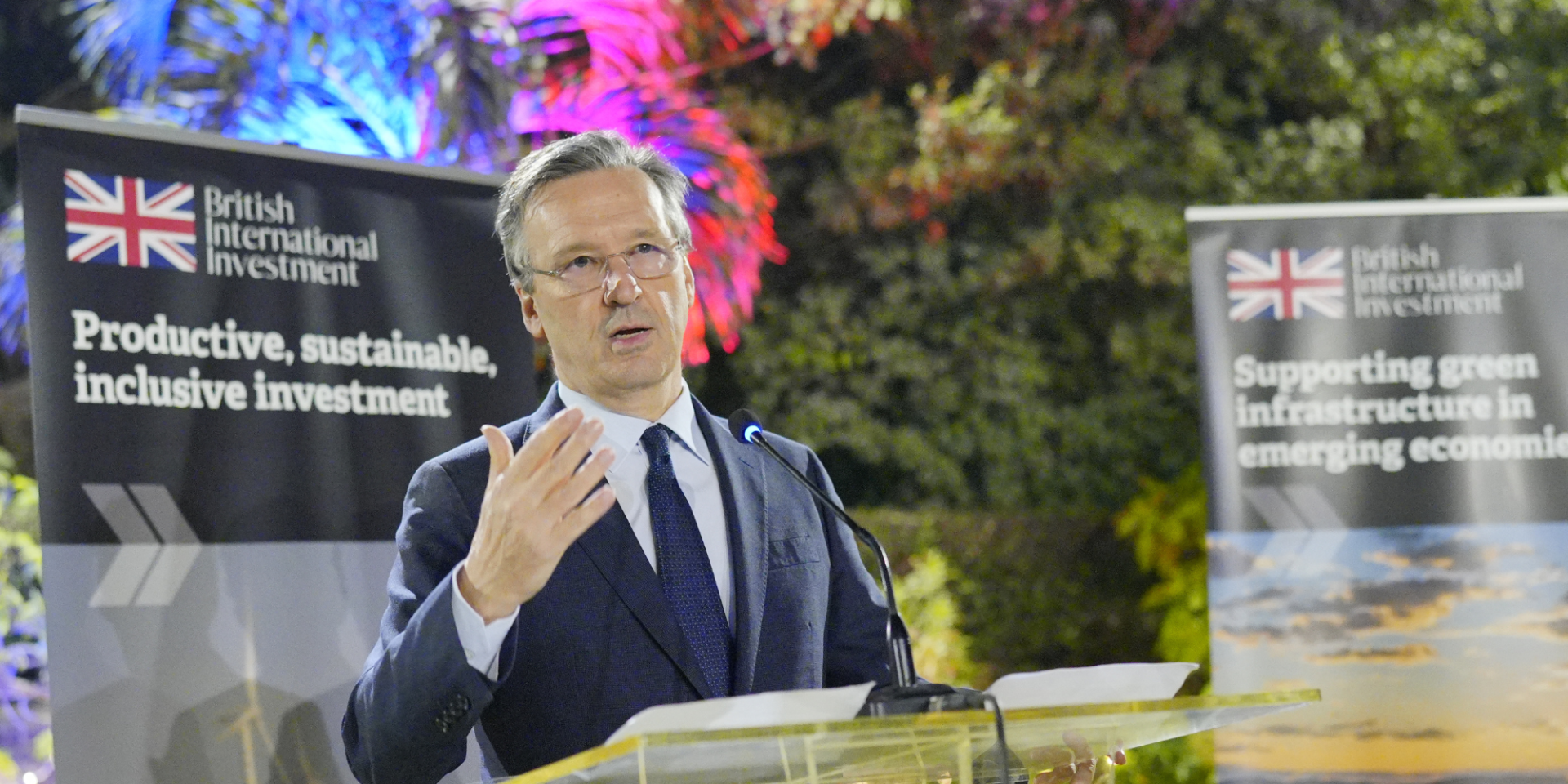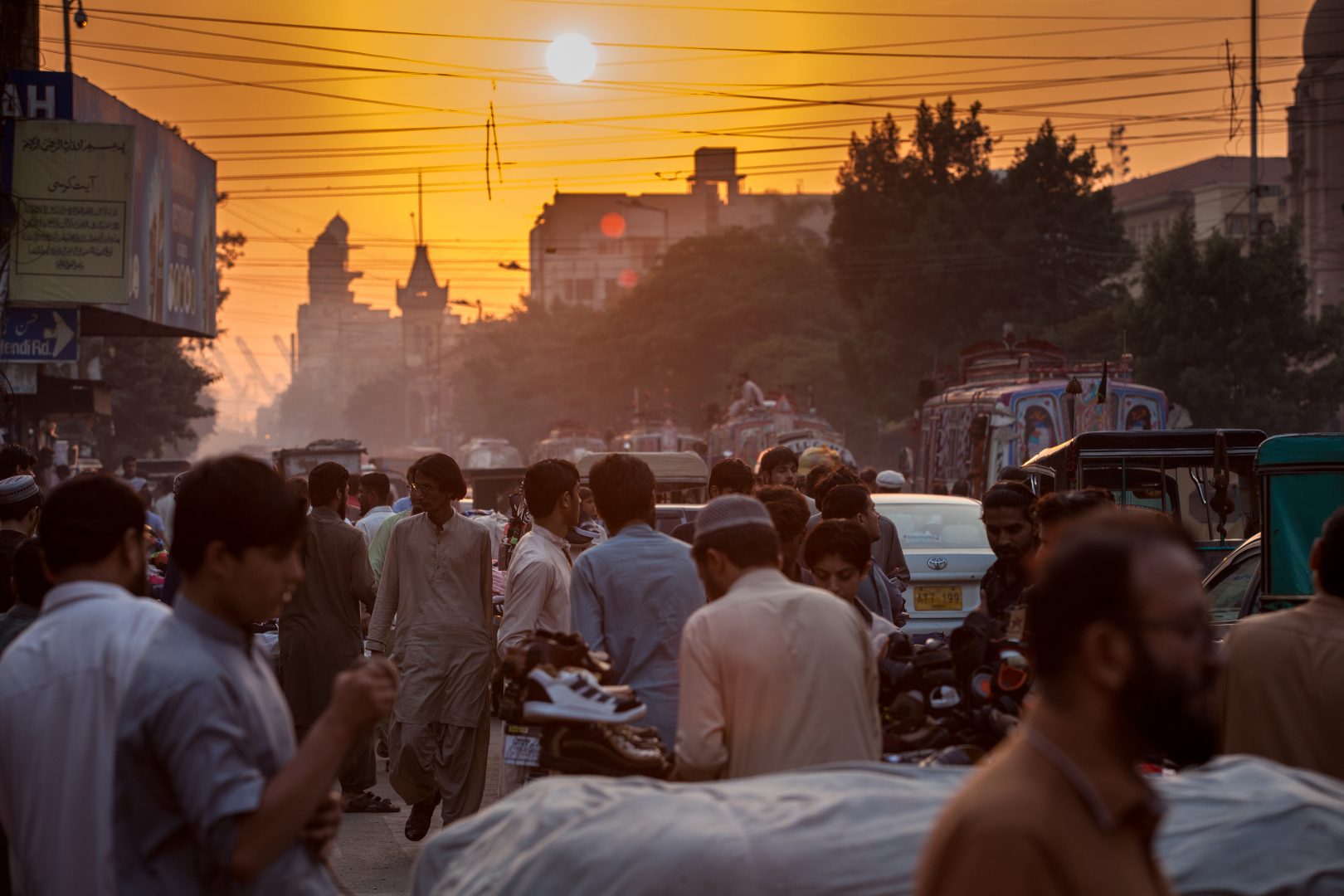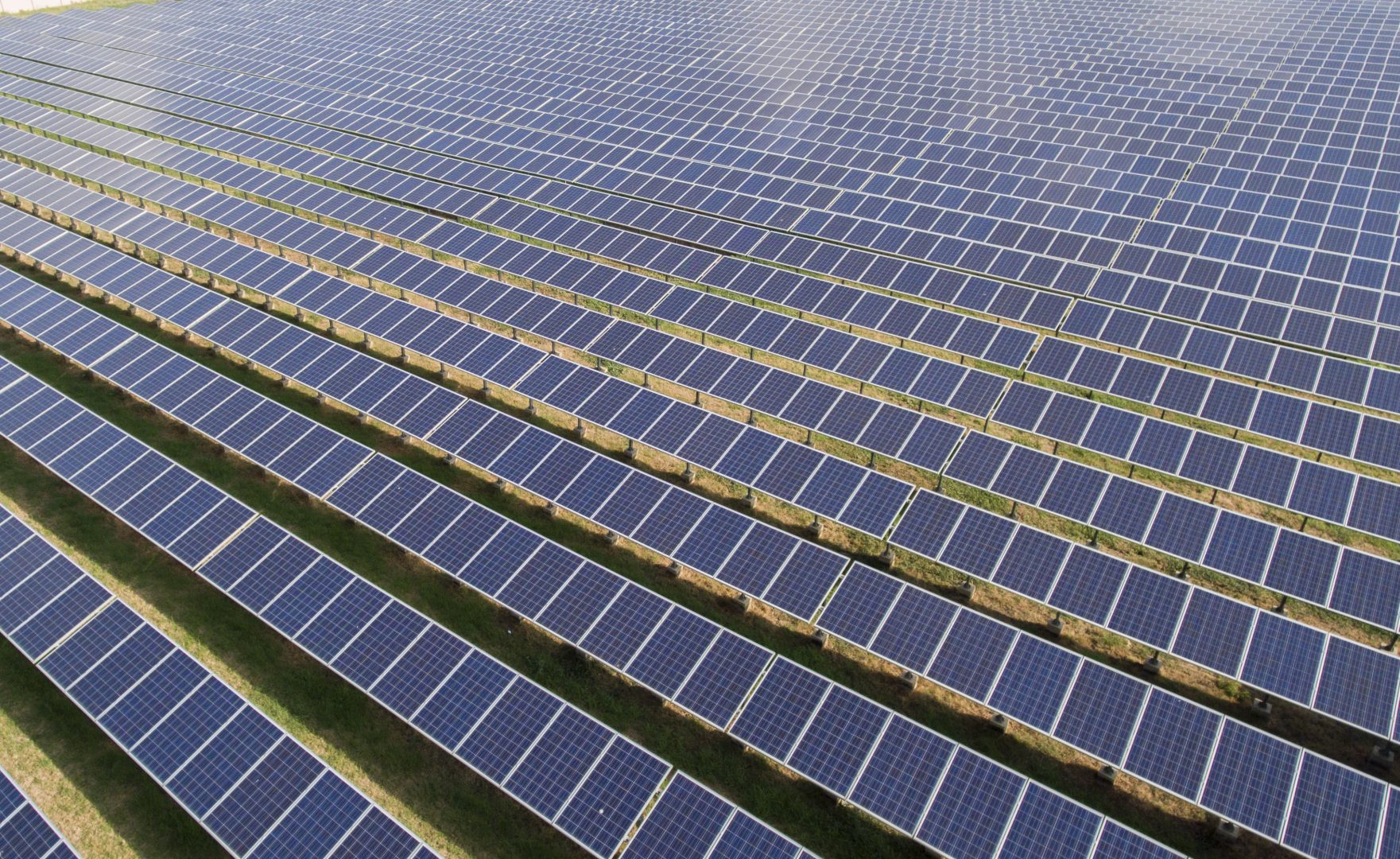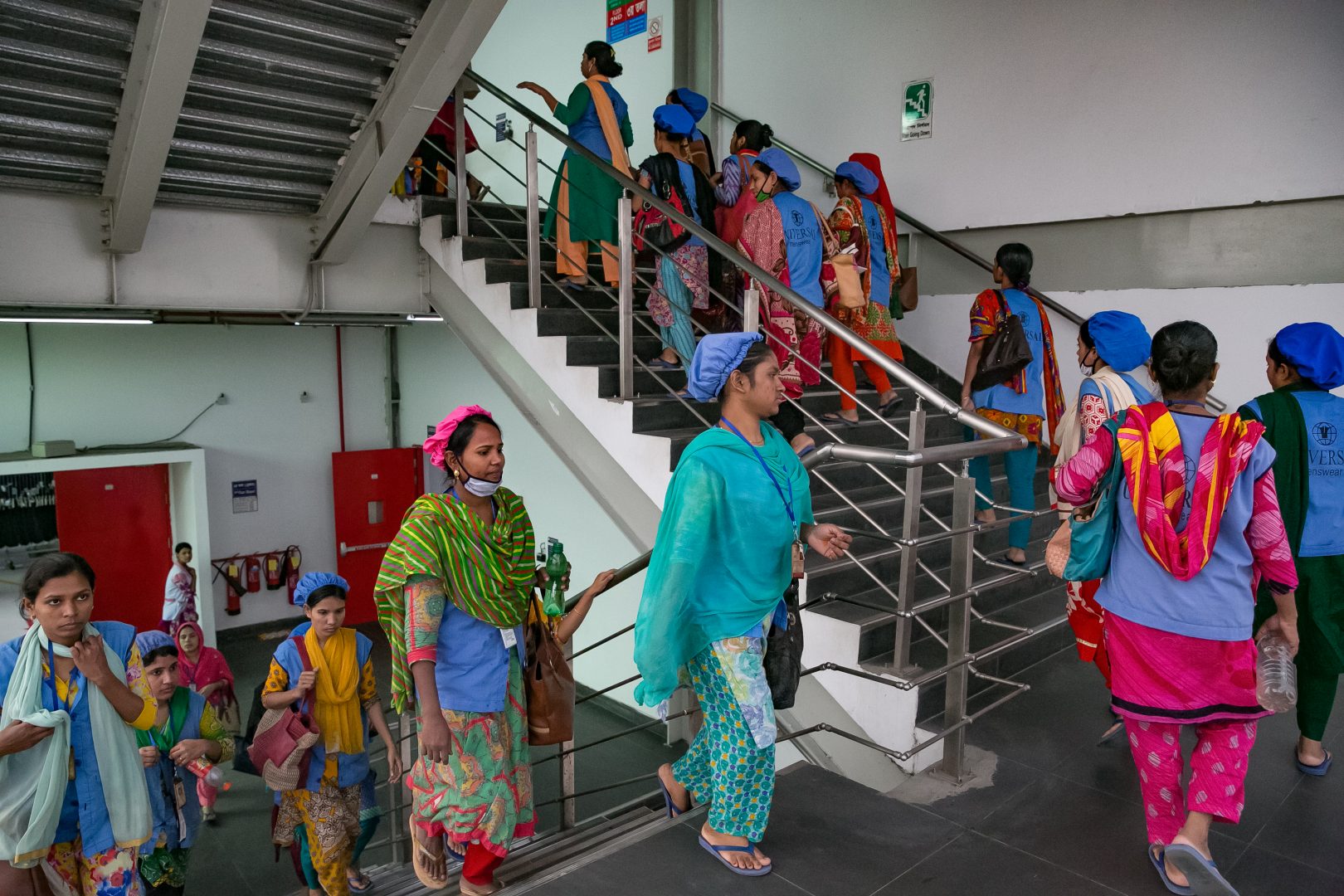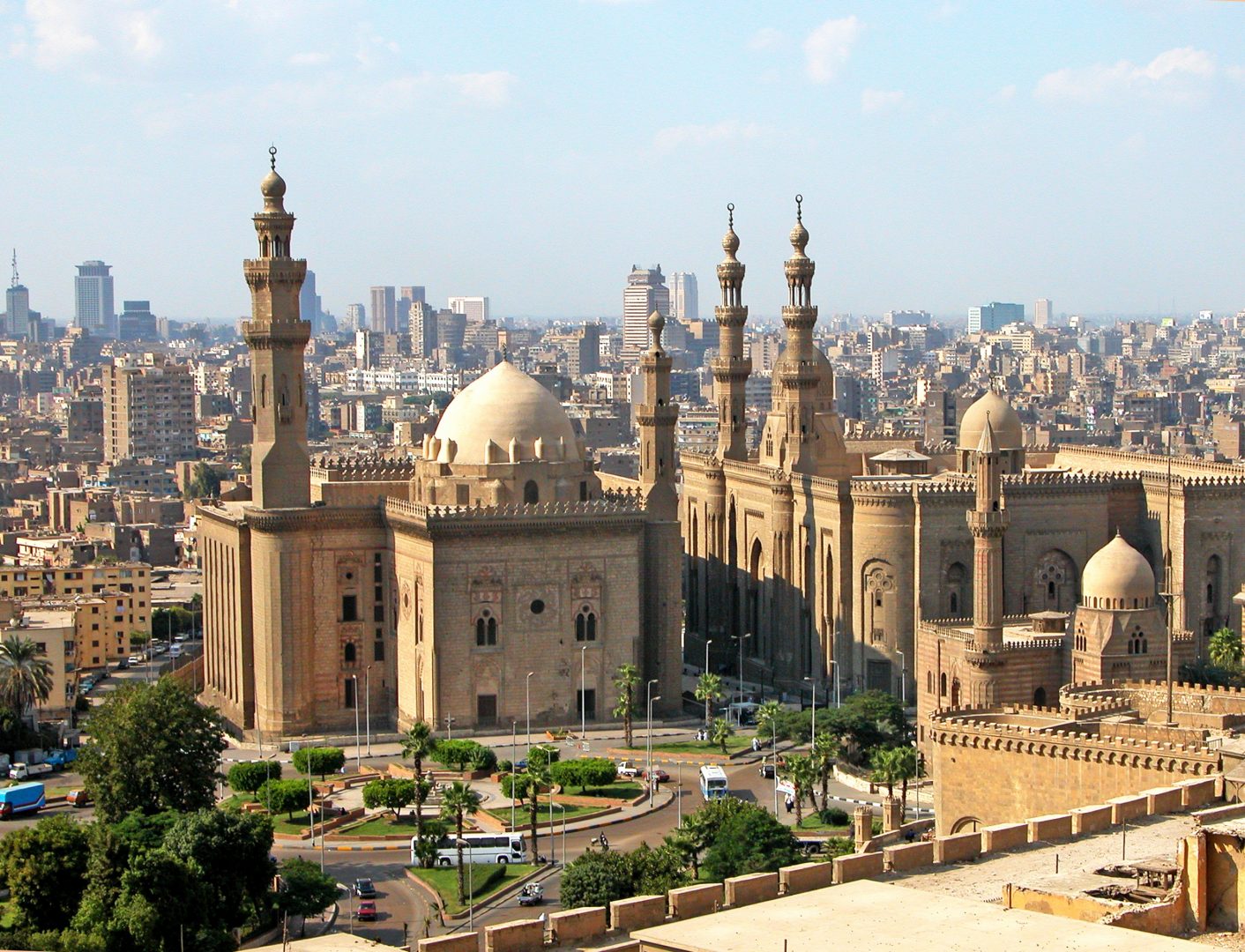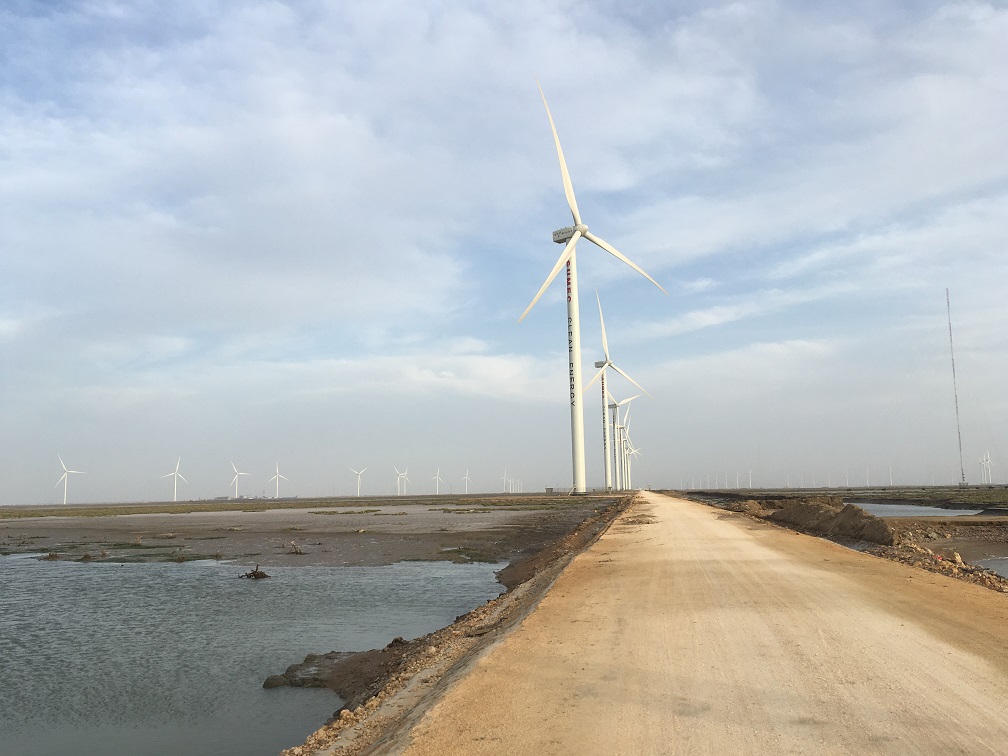CDC, the UK’s development finance institution, has put US$157m to work in Pakistan through two landmark investments designed to boost job creation and economic growth in one of the world’s poorest countries.
A US$35m investment into Gulpur, a new 102MW hydro power plant, will help tackle Pakistan’s dire shortage of power, which not only leaves millions of people with no reliable electricity but also holds back businesses. The new plant, which will be completed by 2020, will bring down the overall cost of power in Pakistan and will also help to reduce greenhouse gas emissions by moving away from thermal power generation.
Power shortage is one of the most important problems to tackle for Pakistan’s development. Regular power blackouts averaging around eight hours are a fact of life in Pakistan, and in many rural areas can last for up to 15 hours a day. The unreliability of the power supply means businesses need expensive diesel-fuelled generators to keep their businesses going. No country has been able to eradicate poverty without economic growth and a stable power supply is one of the basic building blocks that businesses need to succeed.
CDC is also investing in Habib Bank. In a country where over 20 million people do not have a bank account, CDC’s US$122m investment in Habib will help people on low incomes access potentially life-changing financial services such as micro-credit to start or grow a small business. There are around three million micro, small or medium sized businesses trading in Pakistan, but as few as 132,000 of them have banking services. This acts as a significant brake on their growth, stifling job creation and economic development.
As well as investing much-needed capital, CDC will work alongside both companies as they improve standards on environmental management, social policies, anti-corruption measures and business governance practices. CDC has found that improvements in these areas can lead to better financial performance, as businesses with high standards in these fields are often able to attract international customers as well as new investors.
International investors often shy away from Pakistan because of its weak infrastructure, the severe lack of reliable power, and perceptions of Pakistan being a difficult place to operate. These factors undermine confidence in the country, leaving Pakistan 128th out of 180 in The World Bank’s Ease of Doing Business table.
